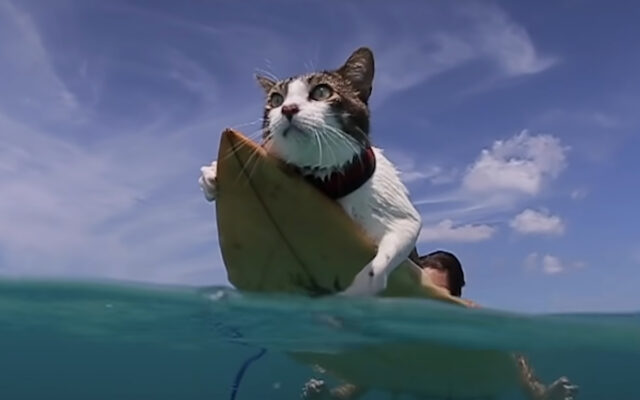
Not many can resist the tender, savory, slightly sweet, and often salty deliciousness of ham that bursts so many wonderful flavors in your mouth.
When you take out a piece of ham from the fridge and you see your feline friend staring at you for a bite, ever wonder “Can cats eat ham?”
The answer to this question is yes, cats can eat ham, and it can even be a great source of protein for them. However, it should be given in moderation and never as a replacement for a balanced diet due to many hams on the market having a lot of sodium and sugar in them.
Cat’s are carnivores

Cats are obligate carnivores, which means that they require a diet that is primarily composed of animal protein in order to meet their nutritional needs. Ham is a type of meat that is derived from pigs so cats can eat and get benefits from it.
How much ham can they eat?
Ham is a source of animal protein just like their prey in the wild, however most ham for human consumption contains a lot of fat and salt, so it’s best to give them to your cat in small amounts as an occasional treat.
Feeding your cat small amounts of cooked ham on occasion as a treat is unlikely to cause any harm, but it’s important to avoid feeding them large amounts or making it a regular part of their diet. Too much sodium in a cat’s diet can lead to dehydration and kidney problems, while excessive fat intake can contribute to obesity and other health issues.
Tips on giving ham to cats
If you decide to give your cat ham as an occasional treat, there are a few things to keep in mind to ensure that it is safe and healthy for them:
Cook the ham thoroughly: Raw or under cooked ham can contain harmful bacteria that can make your cat sick. Always make sure to fully cook the ham before giving it to your cat.
Cut the ham into small pieces: Cats have small mouths and digestive systems, so cut the ham into small, bite-sized pieces that are easy for them to chew and digest.
Remove any bones: Ham bones can be a choking hazard for cats. It’s good to make sure to remove all bones before giving your cat any ham.
Avoid giving your cat ham with added flavorings or spices: Many types of ham are processed with added flavorings, spices, or preservatives, which can be harmful to cats. Stick to plain, cooked ham without any added ingredients.
Limit the amount of ham you give your cat: While small amounts of ham are unlikely to cause any harm to your cat, it’s important to limit the amount you give them to avoid overloading their diet with too much salt or fat. A small piece of ham once in a while as a treat is usually fine, but it should not be a regular part of your cat’s diet.
In general, it’s always a good idea to consult with your veterinarian before introducing any new food to your cat’s diet, even if it is just an occasional treat like ham. Your veterinarian can help you determine the appropriate portion size and frequency for giving your cat ham based on their specific nutritional needs and health status.





